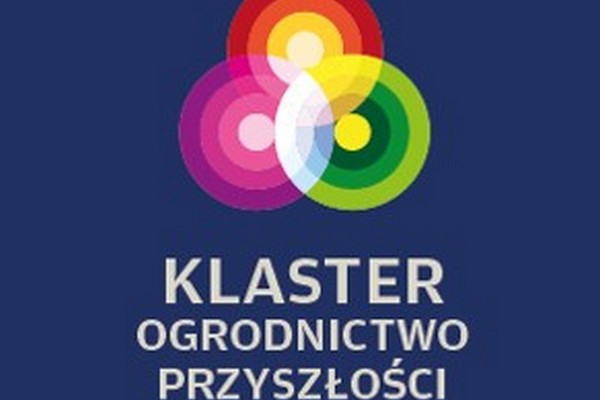The Horticulture of the Future Cluster (Klaster Ogrodnictwo Przyszłości) was established in the spring of 2024. It is an innovative initiative in the horticultural sector, integrating leading fruit growers with the scientific community. Among other things, it is intended to provide a platform for the implementation of innovative technologies on Polish farms.
The hitherto competitive advantages of Polish horticulture, i.e. relatively low production costs and good availability of labour, are becoming a thing of the past. But growers have a plan for the future. "Today we need innovation, energy transformation and cooperation with scientists," emphasized Mirosław Korzeniowski, coordinator of the Cluster.
The Horticulture of the Future Cluster was established by Agronom Berries Sp. z o.o., Aronia Eggert Sp. z o.o., Fieldstone Investments II Sp. z o.o., Grupa Producentów Owoców "Polskie Jagody" Sp. z o.o., Horti Team Paweł Krawiec, InnoTech4Life sp. z o.o. - a special purpose vehicle of the Warsaw University of Life Sciences, the Institute of Soil Science and Plant Cultivation - National Research Institute, and the Agroekoton Association.
Cooperation in the Cluster takes place on several levels. The main task is to search for innovative, sustainable solutions that will allow members to develop a competitive advantage on domestic and international markets. To this end, the Horticultural Innovation Hub has been established within the Cluster, where new technologies, e.g. production systems using renewable energy, will be tested for the needs of the members and the entire industry. Further biologization and implementing precision agriculture is a big challenge. Therefore, the Cluster will introduce Agriculture 4.0 solutions for reducing water use, sustainable fertilization and plant protection and is open to working with suppliers of innovative solutions for sustainable fruit production. Members also foresee increasingly close cooperation in logistics and building a stronger position towards retail chains.
"Energy transition is definitely a hot topic. Each member of the Cluster already has photovoltaic installations in place or under development, but further investments and comprehensive projects are needed, e.g. involving energy storage. We are in talks to set up cooperatives and energy clusters, because such integration gives us the chance to reduce costs. Ultimately, we want to achieve energy independence based on low-carbon, renewable energy sources," said Mirosław Korzeniowski.
 For more information:
For more information:
Mirosław Korzeniowski
Horticulture of the Future Cluster
Email: [email protected]
[email protected]
